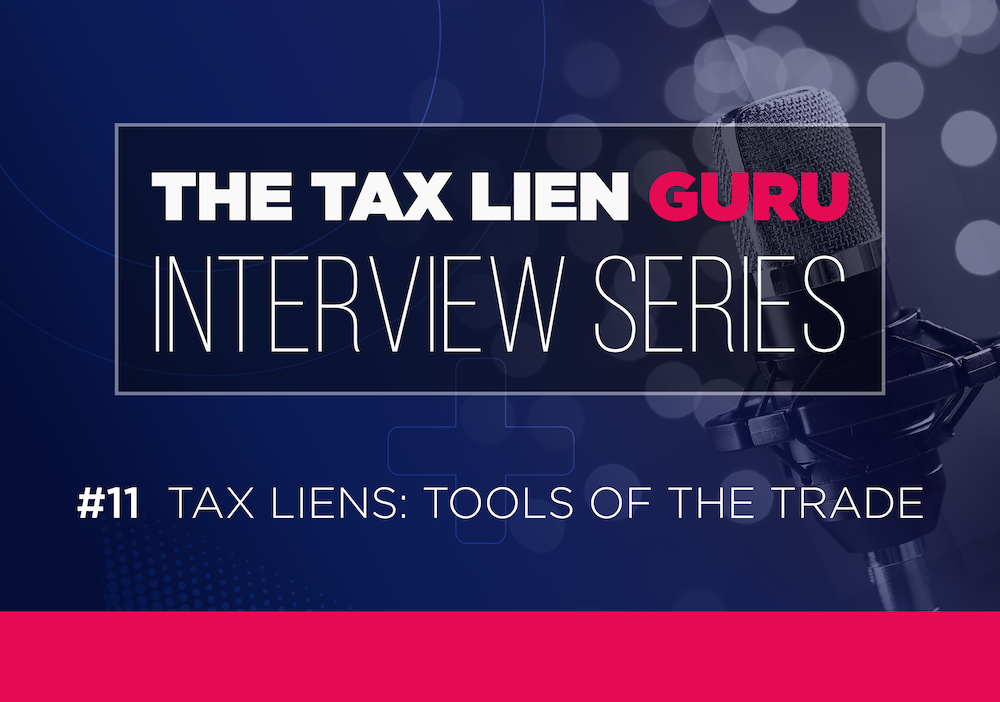
Whether you are currently a landlord or a landlord to be, it is important to understand landlord insurance. If you own the property and rent it out, then landlord insurance is for you. These policies typically cover the dwelling and include owner liability protection with most providers. Read on to find out more about what landlord insurance can do for your business!
If a tenant has an accident and the landlord is found liable, landlord insurance would cover any damages to property, medical expenses and legal fees resulting from this incident. It also offers liability protection for you as a landlord. The amount of coverage available will depend on the type of policy you purchase and your level of risk tolerance; some landlords may opt for more extensive coverage than others because they own higher-value properties or rent them out to tenants with pets.
There are many types of landlord insurance available on the market today, so it can be difficult to choose the right one for your circumstance. The most popular landlord policies offer coverage against loss or damage with additional benefits like liability protection and living expense reimbursement in the event that tenants cannot live in their home because repairs need to be made.
Many landlord insurance policies cover losses to personal property if the landlord leaves equipment on the premises for maintenance purposes. This is a fairly new addition to landlord insurance policies that started in 2010, with large companies such as Standard Fire Insurance Company and Travelers Insurance adding this type of coverage. The landlord can choose from a variety of options for what they want their policy to cover. It's important for landlords to understand their policy so they know what it does and does not include!
Dwelling coverage: This type of policy typically covers the dwelling and includes owner liability protection. These policies are designed to protect landlords from financial losses if something should happen to their property, such as a fire or flooding. Landlords also need landlord insurance if they live in the home that they own but rent out other properties on the side.
Other Structures: This can benefit you by covering potential damages to structures that are not the home itself. This can include sheds, detached garages, and fences.
Personal Property Coverage: Many landlord insurance policies cover personal property on the landlord's property. This can come in handy if you have left some tools around to help maintain your rental and they get damaged or lost. Tools that are covered typically pertain to those used for maintenance, such as a lawnmower. Personal belongings unrelated to this are not covered under landlord insurance, so it is important to read over your policy carefully before purchasing it!
Liability: Your landlord insurance is a contract that you have with your landlord to make sure your property stays safe and secure. It's important for landlords to know what their obligations are in this situation, because they can be held liable if something happens on their property without them knowing about it beforehand. In order to avoid any legal issues, it's best for landlords to get landlord insurance.










